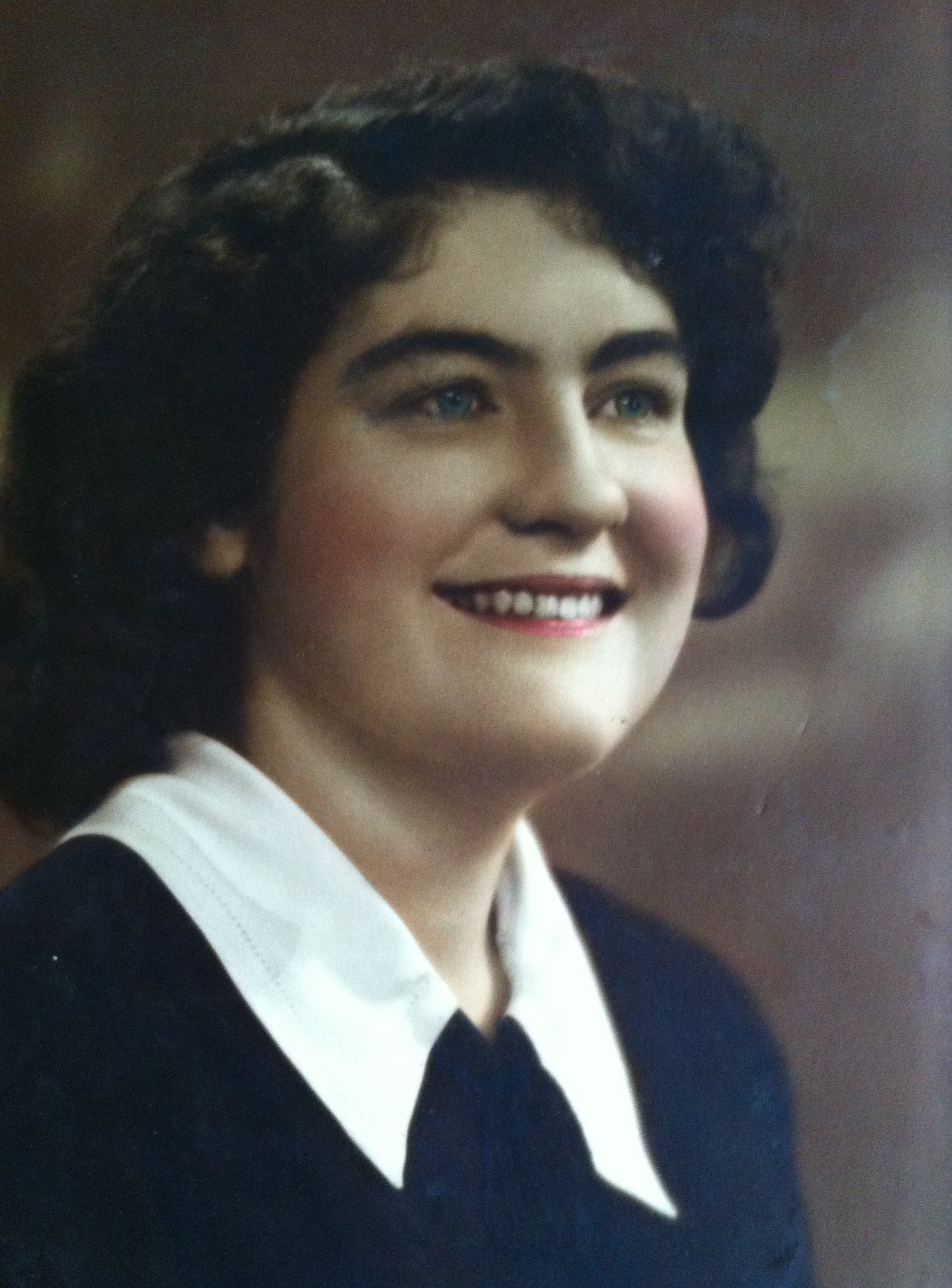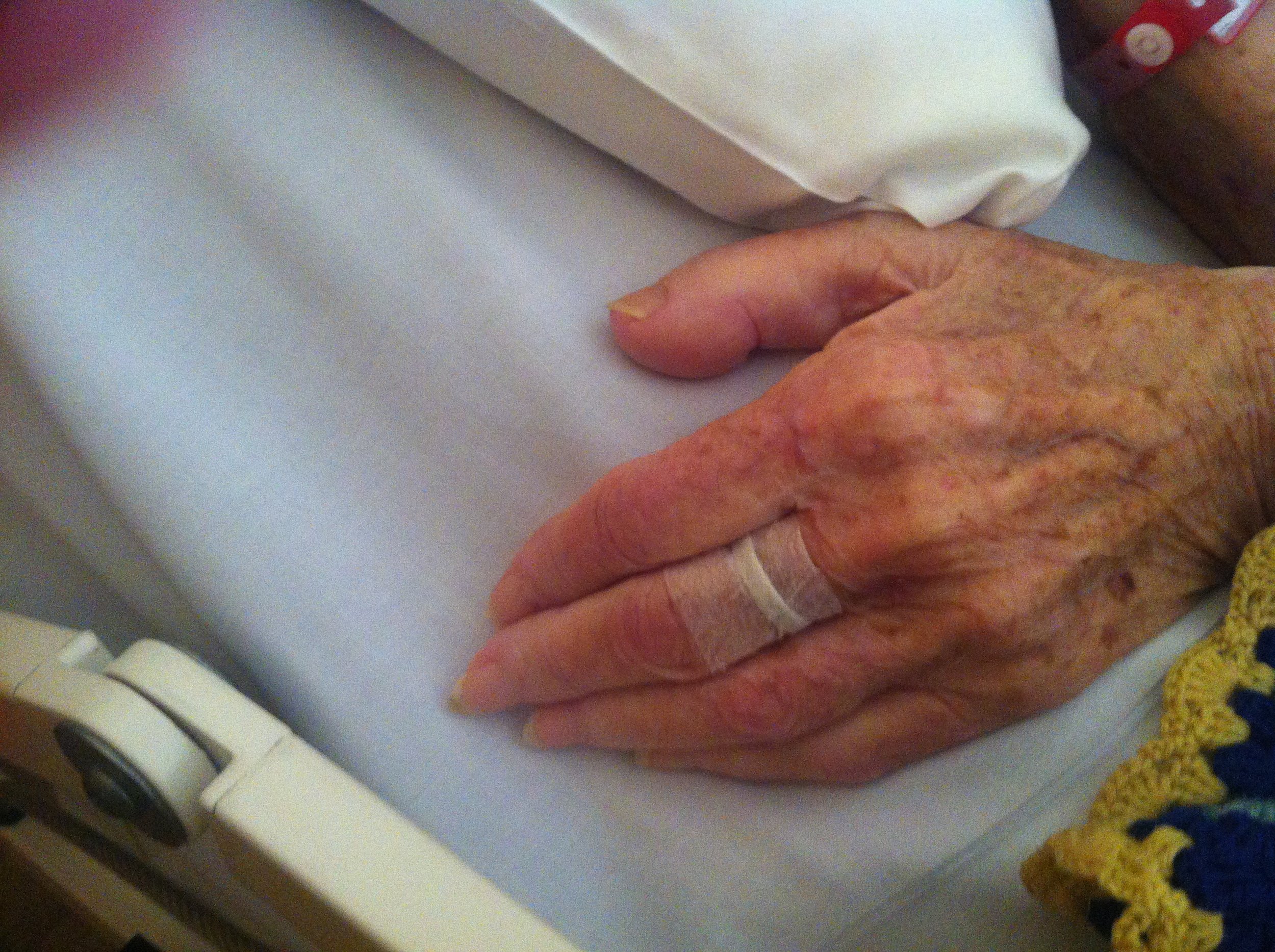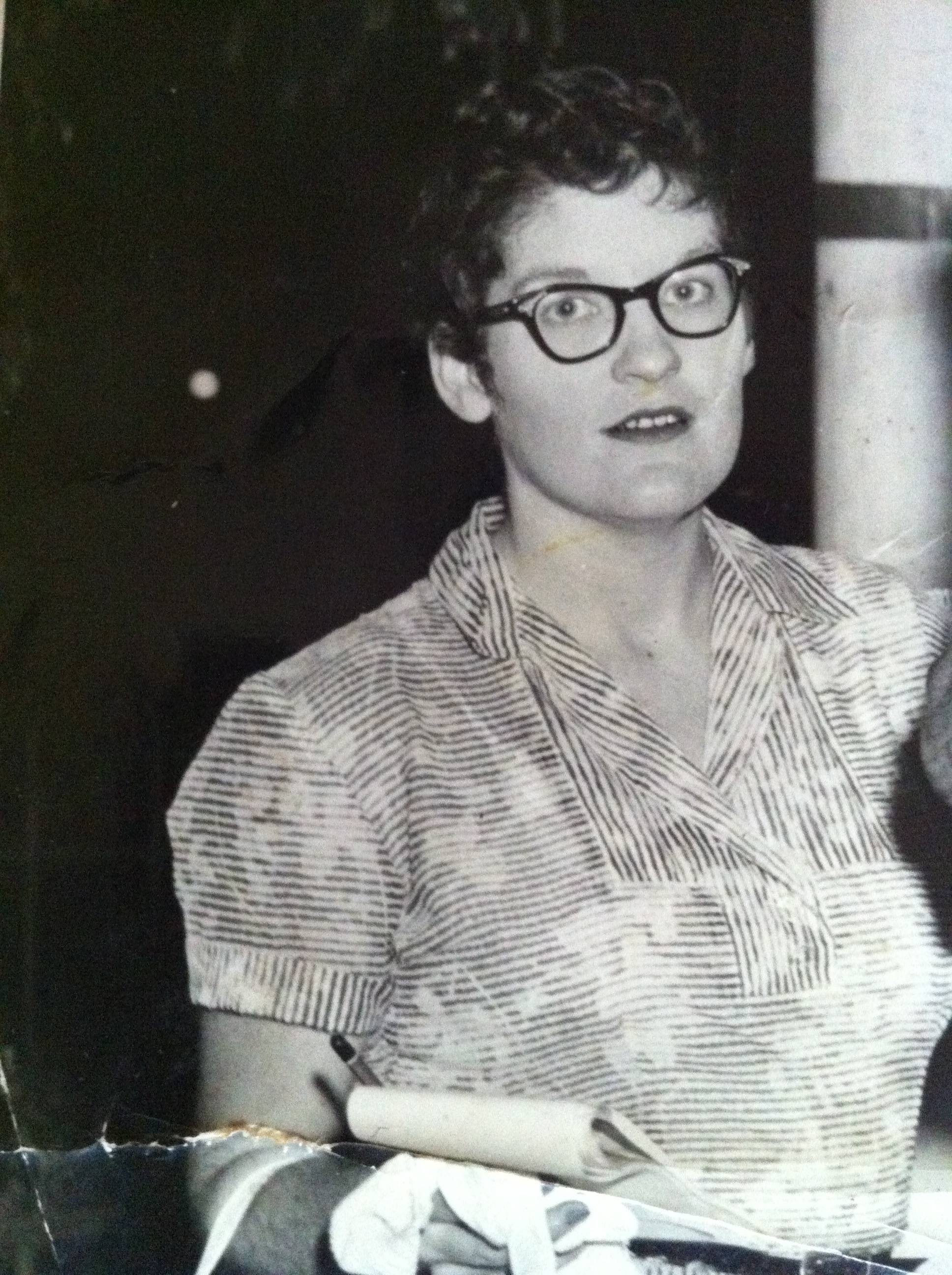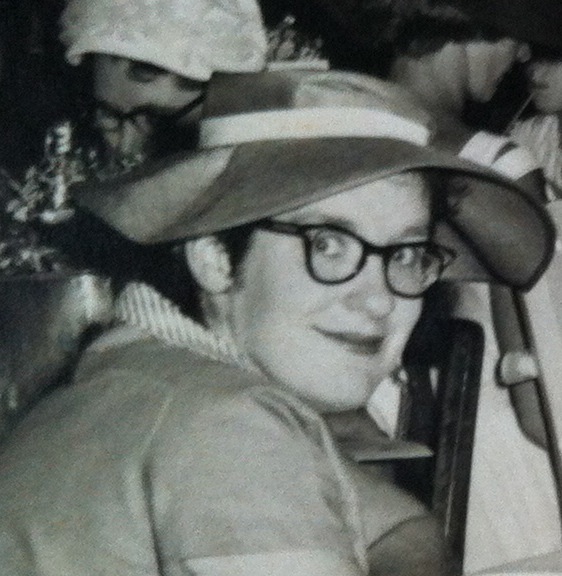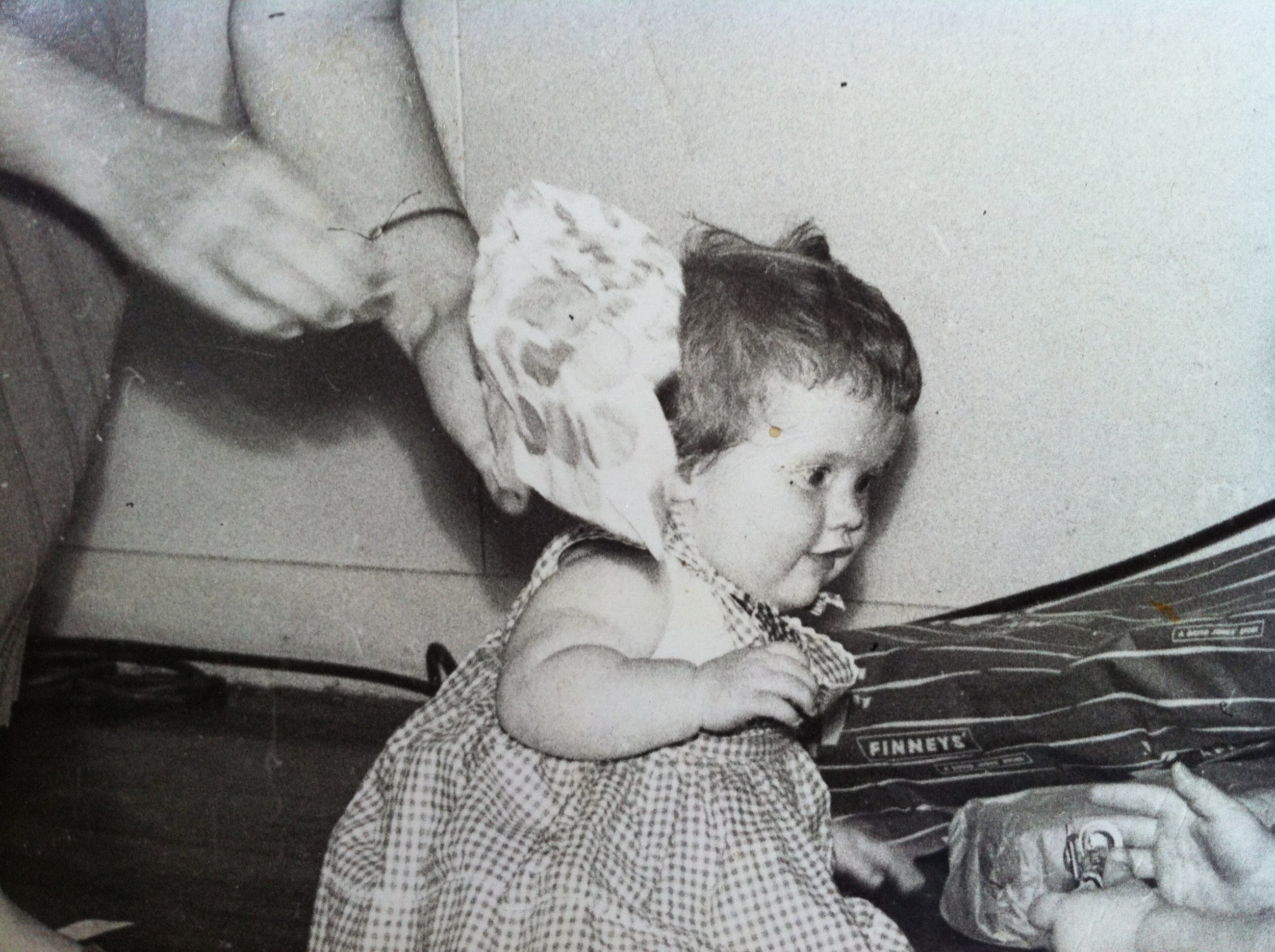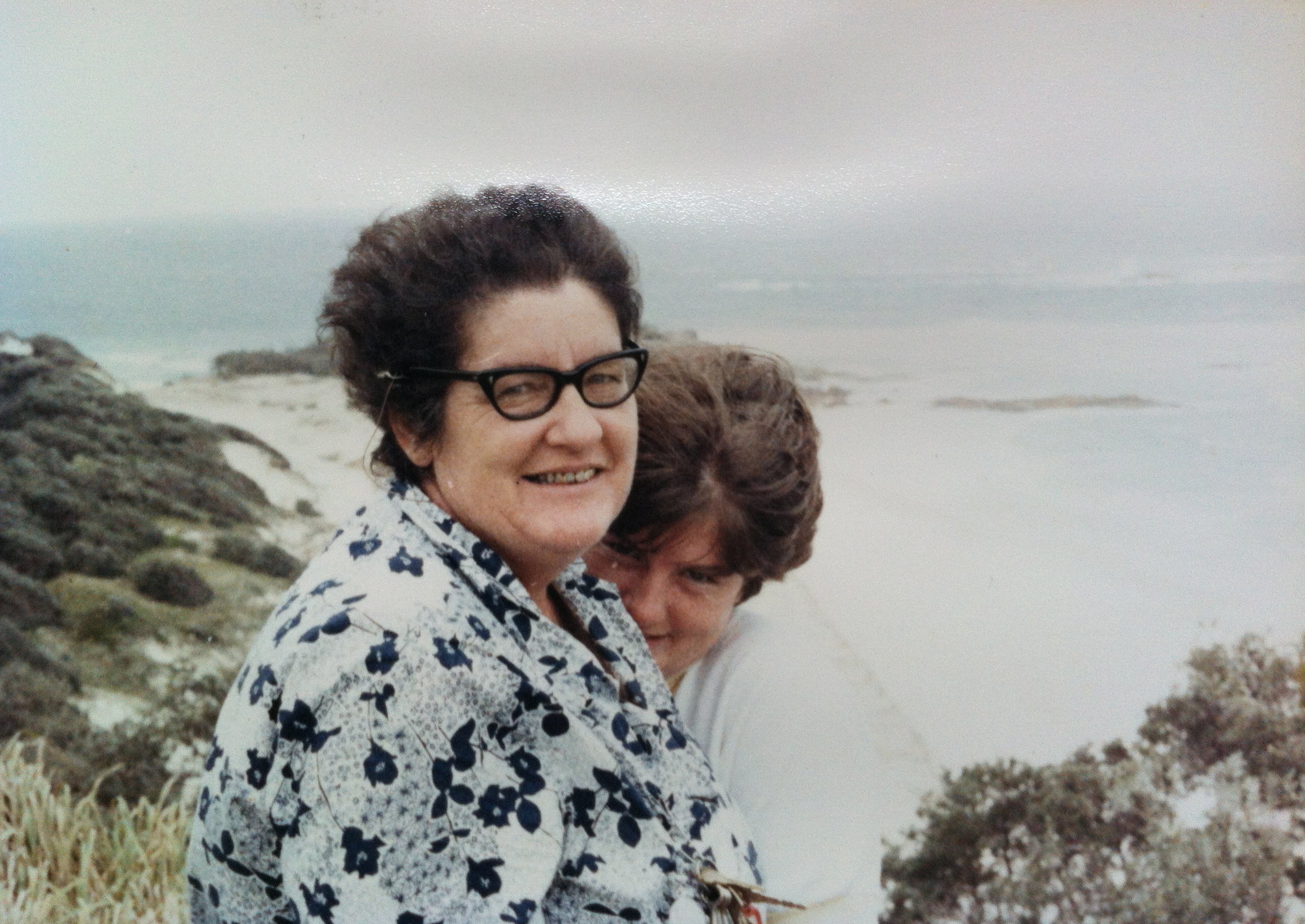From For a Girl - Rosemary
/My mother took a handbag everywhere she went. Her final one was a supermarket freezer bag. I don’t know what was in her handbag—everything you might need to survive the last days, I suspect. She hardly ever let me carry it for her, even when she was old and sick. It was very heavy.
Her name was Rosemary, which is my name in reverse, or I suppose mine is hers in reverse, but she didn’t mention this and I didn’t notice until I was in my teens and someone commented. When I asked her, she said that no, she hadn’t called me Mary-Rose because she was Rosemary. It had never occurred to her. She just liked the name. And also, she thought Mary-Rose MacColl might be a name for a writer.
She was a writer too, of course. She was a journalist and later in life she wrote poetry and romance novels. I’ve often wondered what she might have written if she’d had the opportunities I’ve had in life to write about my own experiences. But she didn’t have the opportunities I’ve had. She just did what she could to make sure I had them.
When I was a child, she was vast. I remember seeing her body in the bath. These days she would be termed morbidly obese, but I didn’t think of her as that. It was part of who she was. She was solid, reassuring, soft. As she got sicker in her last year – cancer that started on her beautiful face – she stopped being able to eat as easily and so her bulk dwindled. She clarified, in a way, into the girl she’d been.
A few years before she got sick, I flew across the continent to tell her the truth about what had happened to me as a teenager. We were in McDonald’s in Fremantle where, she told me, she could get a burger and coffee with an ice-cream for a dollar on her pension card. Otis and David were down on the beach.
My mother had clear light green eyes, reminiscent of those lakes in Canada when the snow first melts. She looked up at me and put her hand on mine and said, ‘Oh, Rose, I’m so sorry I didn’t do more. I should have.’
I told her she couldn’t have done more; she was the perfect mother for me. And it is the deepest truth I know.
The day I took her to the hospice for her first and last visit, she didn’t take her handbag. She had metastatic bone cancer by then. She’d wanted to die at home. I wanted her to have whatever she wanted. I told her if they tried to keep her at the hospice, I might not be able to get her out again. I knew about powerful institutions.
She nodded.
She didn’t take her handbag.
‘Your bag, Mum,’ I said. She just shook her head. She knew.
Or almost knew. Because when we arrived at the hospice and the doctor came to see her, she told the doctor she hadn’t eaten for nineteen months because her mouth was sore and I think some part of her thought they might fix her now. She might enjoy life again.
When I wrote In Falling Snow, I thought she might not live long enough to read it. It was the first novel I’d written since the long journey I’d been on.
In Falling Snow is historical fiction, and to my own surprise I loved researching the history most of all. It tells the story of extraordinary women who created a hospital in an old abbey in France in World War I. There is a child lost; of course there is. But writing about strong women who overcome difficulties became my thing with In Falling Snow: the lost heart, in Louise Bogan’s words, that I give back to the world. I followed it with Swimming Home, about women swimmers. It is a very small lost heart, the one I give back to the world, but it’s the lost heart that’s got my name on it.
In an act of subterfuge, I got my publisher Annette to send Mum the proofs for In Falling Snow and asked Mum to check them so that she could read the novel before she died. When I went to visit her, I found the proofs on the chair by her bed, and next to them, her notebook where she’d written page numbers and errors she’d caught. I’d forgotten that I’d asked her to proofread the novel and nearly blew my cover by asking her why she was taking notes. I remembered just in time and thanked her for her work.
She was so sick by then, and drugged. She kept losing her place, she said, falling asleep reading.
But she’d read it all once, she said, and now she was reading it again for errors she might have missed.
It’s very good, she said. ‘I’m so proud of you.’
I miss her still.
From For a Girl, a true story about secrets, motherhood and hope, out now.
